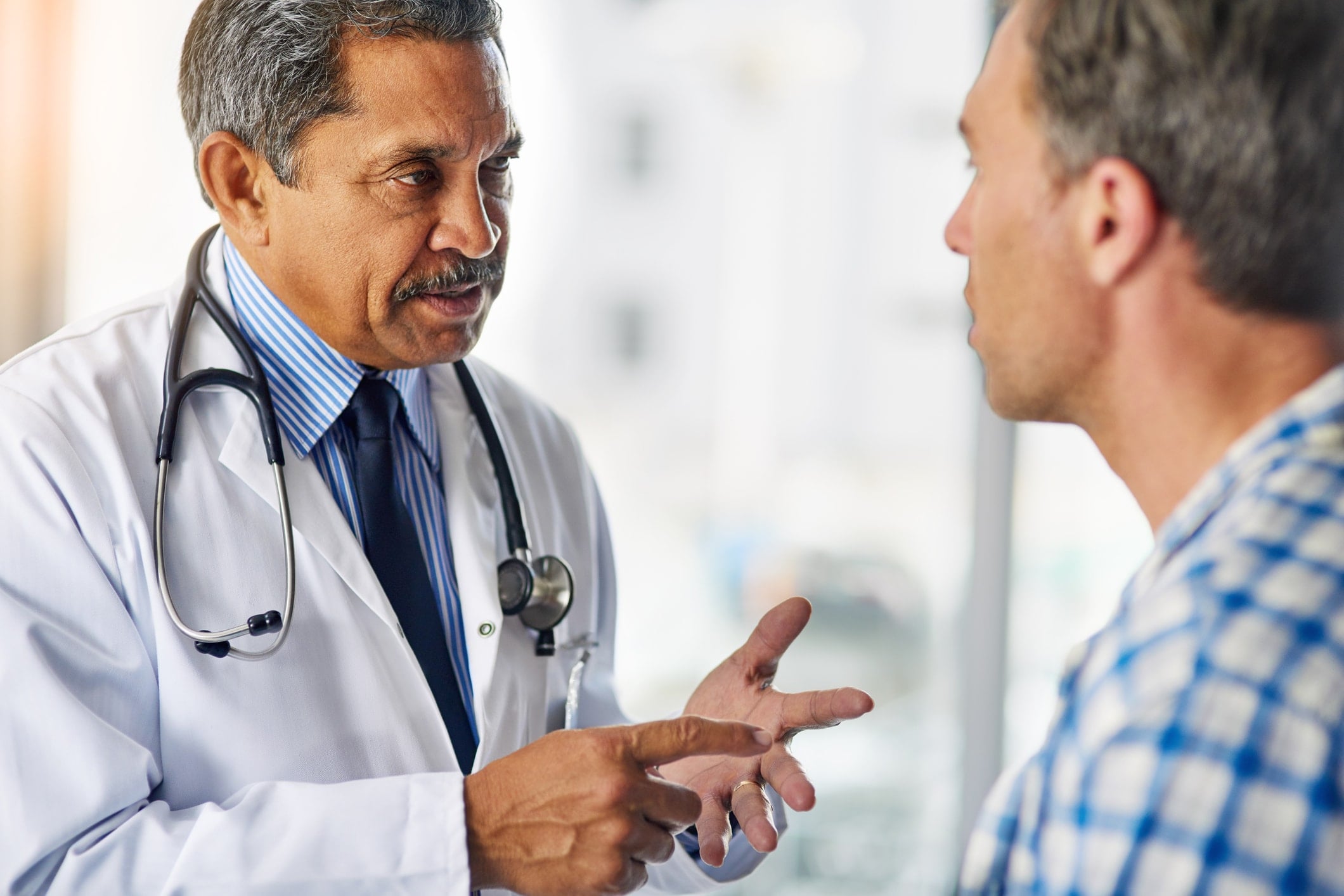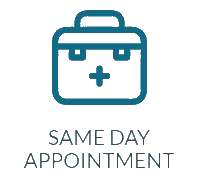Taking Care of Your Colonoscopy Fear
 If the thought of undergoing a colonoscopy gives you anxiety, you’re not alone. Many Americans will avoid getting a colonoscopy solely out of fear. Excluding skin cancers, colon cancer is the third most common cancer diagnosed in both men and women in the US. Colonoscopies are necessary for detecting early stages of colon cancer and are recommended over the age of 50.
If the thought of undergoing a colonoscopy gives you anxiety, you’re not alone. Many Americans will avoid getting a colonoscopy solely out of fear. Excluding skin cancers, colon cancer is the third most common cancer diagnosed in both men and women in the US. Colonoscopies are necessary for detecting early stages of colon cancer and are recommended over the age of 50.
What's a Colonoscopy?
A colonoscopy is a diagnostic test in which you’ll prep by taking medication to clean out your intestines. After administration of the medication, the doctor inserts a flexible tube into your rectum. The tube has a special light and camera, which allows the doctor to see the walls of the colon. In particular, the doctor is looking for polyps – small growths on the walls of the colon, which can become cancerous.
Common colonoscopy/colon cancer myths:
- I'm not at risk to develop colon cancer.
- I don't have any symptoms.
- Colonoscopies aren't accurate.
- I can't possibly drink all the prep medication.
- The procedure is too painful.
- They can't give me enough medication to sedate me.
- The risk of a bowel perforation is too high.
Colon cancer can develop in anyone, whether you have symptoms or not. Colonoscopies are accurate but may cause discomfort, however, they aren’t necessarily painful. The prep is much less than it once was, only two quarts, which can be split into two separate sessions. Bowel perforations during colonoscopy are extremely rare.
It’s hard to not let stress and worry affect your experience. You may need extra medication in order to remain calm prior to screening. Talk to your doctor about your options and how they would best fit your needs/anxiety.
Know Your Risks
It’s important you know common risk factors of colon cancer and what makes you more susceptible to it. Although age, family history, and genetics are all unavoidable, there are factors you can control. What you eat and drink can have a lasting effect. Avoid smoking and drink in moderation. Maintaining a healthy body weight and engage in at least 150 minutes of moderate activity a week will help prevent as well.
Learn Your Symptoms
Some of the earliest stages of colon cancer have zero symptoms, making a colonoscopy necessary in early detection. However, you may experience a number of the below symptoms and it’s important to seek medical attention if you do:
- Fatigue
- An ongoing change in bowel movements
- Rectal bleeding
- Weight loss for no known reason
- Frequent gas pains, gas, or abdominal cramps
How to Conquer Your Fear
Learn as much as you can about colonoscopies and colon cancer. Your doctor should have education material, as do a number of clinics and hospitals. Talk to friends who have had a positive experience. Ask if you could have a good friend or spouse to take you to and from your appointment.
Having a colonoscopy is important to your health and can save your life. Contact us today to learn more and book your appointment. Fill out the form on this page to request an appointment or call 212.427.2000 to learn more.



